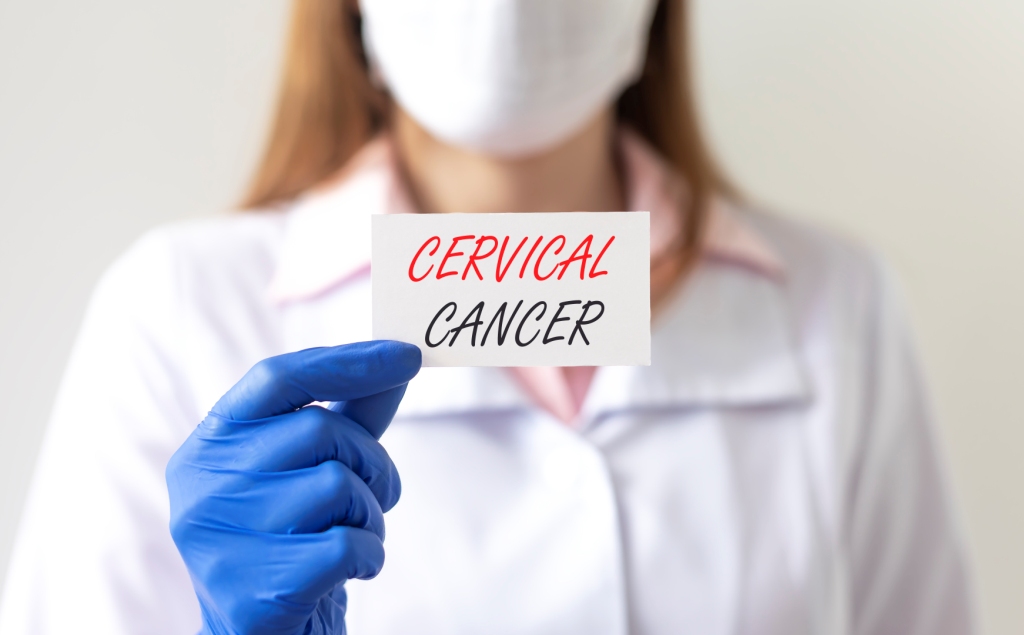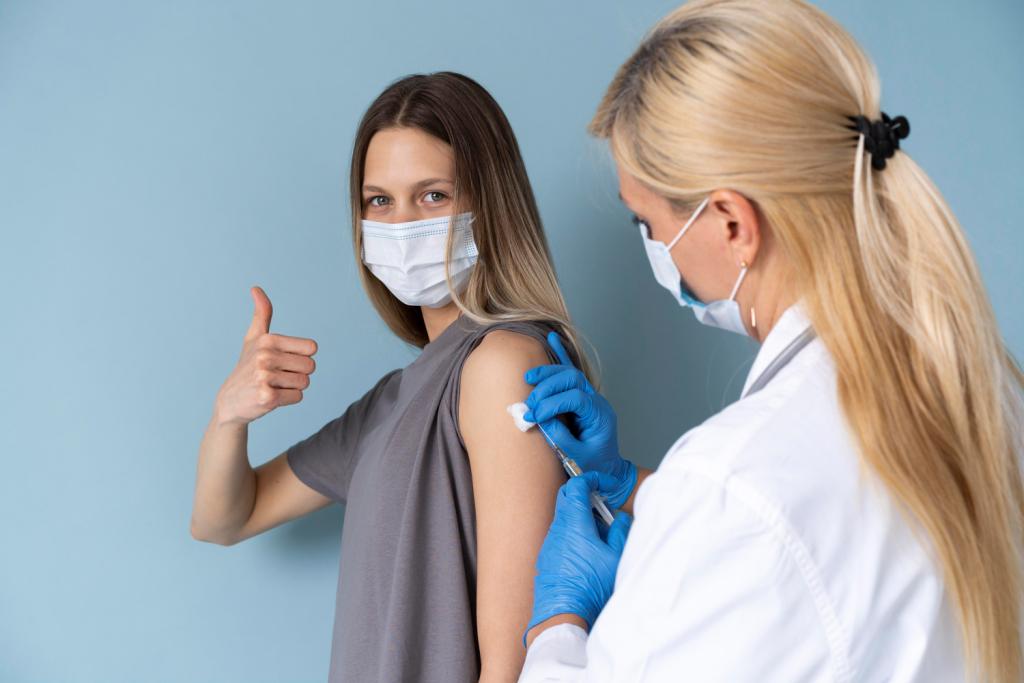Cervical cancer is a serious health concern that affects many women around the world. However, there’s good news – we have a powerful tool to help prevent it: the HPV vaccine. Through this article, we’ll explore what cervical cancer is, how HPV (human papillomavirus) is linked to it, and the crucial role that HPV vaccination plays in keeping women healthy.

Cervical Cancer
Cervical cancer develops in the cells of the cervix, the lower part of the uterus. It’s usually caused by the human papillomavirus (HPV), a common virus that can be spread through intimate skin-to-skin contact, including sexual activity. While most HPV infections go away on their own, some can persist and lead to cervical cancer over time.
The Link Between HPV and Cervical Cancer
Not all HPV types cause cancer, but certain high-risk types can increase the risk of cervical cancer. HPV infects the cells of the cervix, leading to changes that may eventually become cancerous. Regular screening, such as Pap smears or HPV tests, can help detect these changes early, allowing for timely intervention and preventing the progression to cancer.
The Importance of HPV Vaccination
HPV vaccination is a game-changer in the fight against cervical cancer. The vaccine works by teaching the immune system to recognize and fight the virus, providing protection against the most common high-risk HPV types. It’s like giving your body a superhero shield to ward off the virus and, consequently, lowering the risk of developing cervical cancer.
Who Should Get Vaccinated?
The HPV vaccine is recommended for both boys and girls. Vaccination typically begins around the age of 11 or 12, but it can be given as early as 9 years old. The vaccine is administered in a series of shots, ensuring long-lasting protection against HPV-related cancers. Even if you didn’t get vaccinated as a preteen, it’s not too late. Young adults and adults up to age 26 can still benefit from the vaccine.
Breaking Down Myths and Misconceptions
There are some myths and misconceptions surrounding HPV vaccination that need to be addressed. Some people worry that getting the vaccine will encourage early sexual activity or that it’s only for girls. The truth is, the vaccine does not promote early sexual behavior, and it’s recommended for both boys and girls. It’s an essential tool in preventing HPV-related cancers for everyone.
The Impact of Vaccination on Cervical Cancer Rates
Countries that have implemented widespread HPV vaccination programs have seen significant reductions in the rates of HPV infections and related cancers. This demonstrates the effectiveness of the vaccine in preventing the spread of the virus and the development of cervical cancer.
HPV vaccination is a simple yet powerful step in preventing cervical cancer. By getting vaccinated, individuals can protect themselves and contribute to the overall reduction of HPV-related cancers. It’s a gift of health that extends beyond the individual to benefit communities and future generations. Talk to your healthcare provider today about the HPV vaccine and take this proactive measure towards a healthier, cancer-free future. Remember, prevention is key, and HPV vaccination is a vital tool in the fight against cervical cancer.
Shared by: Dr. Kumardeep Dutta Choudhury, Senior Consultant, Dept. of Medical Oncology, Action Cancer Hospital




